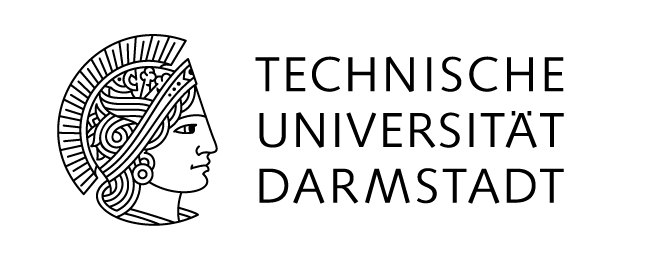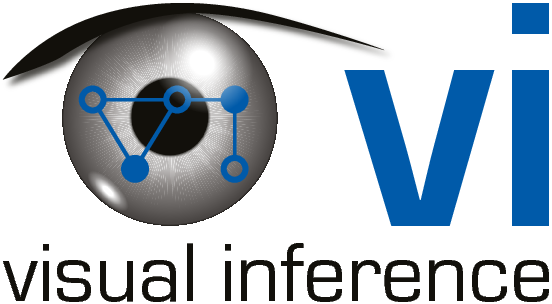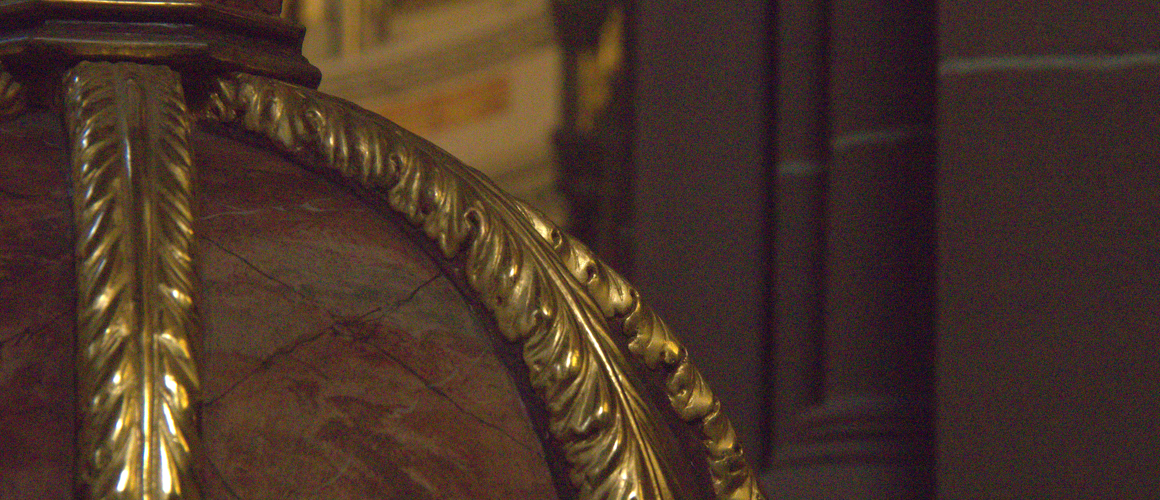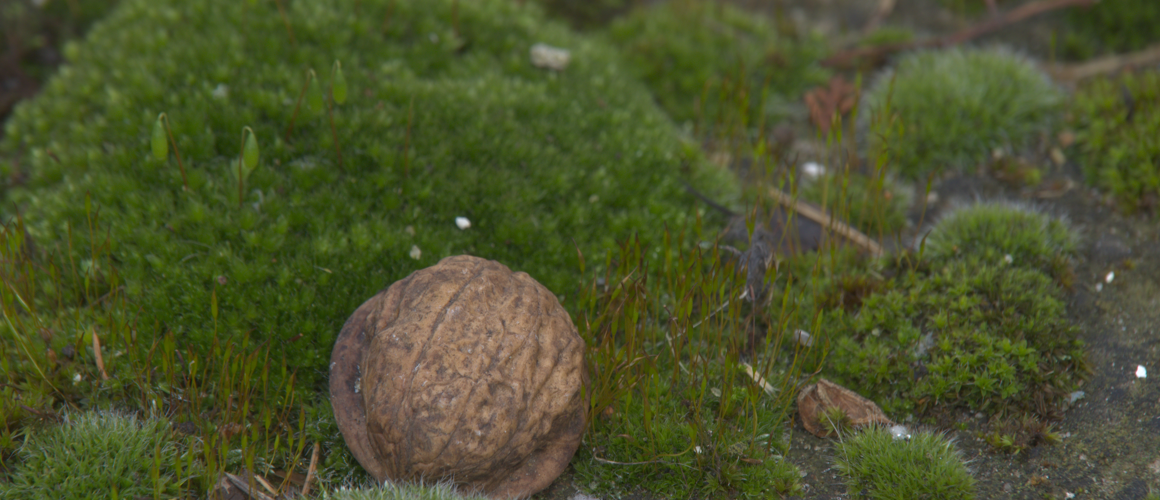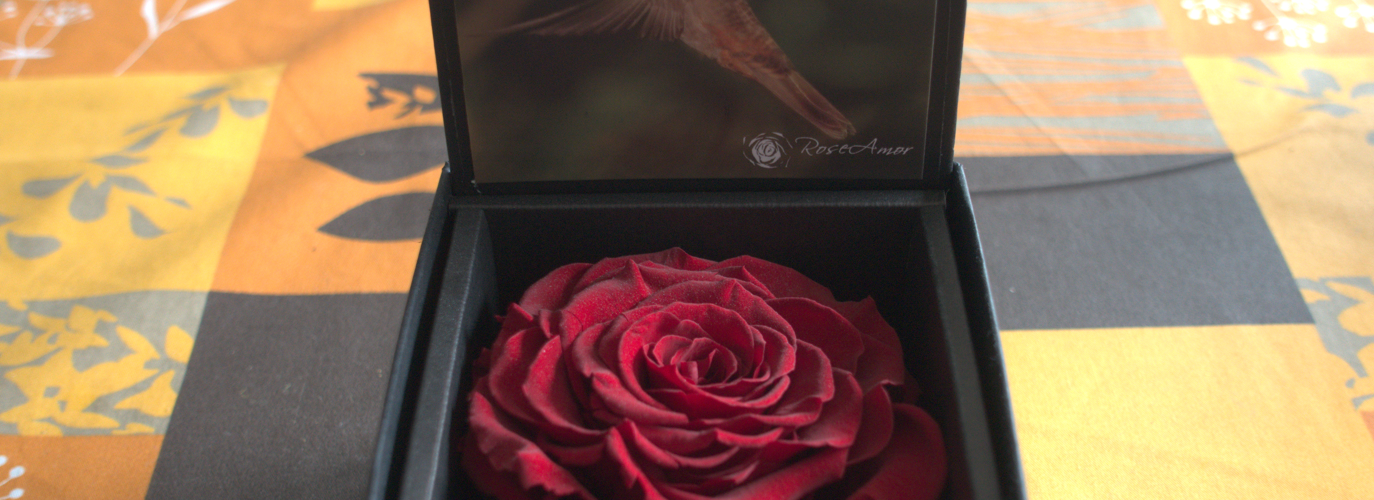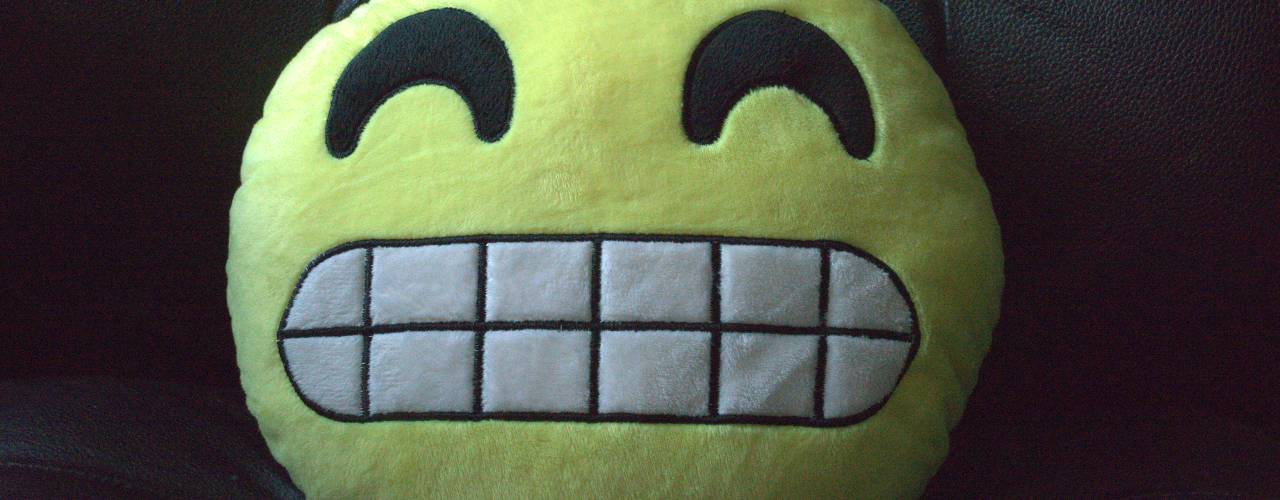The Darmstadt Noise Dataset
Lacking realistic ground truth data, image denoising techniques are traditionally evaluated on images corrupted by synthesized i. i. d. Gaussian noise. This is quite problematic, since noise in real photographs is not i. i. d. Gaussian and even seemingly minor details of the synthetic noise process, such as whether the noisy values are rounded to integers, can have a significant effect on the relative performance of methods.
Hence, we present a novel denoising benchmark, the Darmstadt Noise Dataset (DND). It consists of 50 pairs of real noisy images and corresponding ground truth images that were captured with consumer grade cameras of differing sensor sizes. For each pair, a reference image is taken with the base ISO level while the noisy image is taken with higher ISO and appropriately adjusted exposure time. The reference image undergoes a careful post-processing entailing small camera shift adjustment, linear intensity scaling and removal of low-frequency bias. The post-processed image serves as ground truth for our denoising benchmark.

Left: Ground truth image shot at low ISO. Right: Noisy image shot at high ISO
Features
- Benchmark consisting of 50 high-resolution images with realistic image noise.
- We used four different consumer cameras with differing sensor sizes: A Sony A7R (full-frame), an Olympus OMD E-M10 (Micro Four-Thirds), a Sony RX100 IV (1 inch) and a Nexus 6P (1/2.3 inch)
- Scenes include typical photographs as well as challenging structures.
- Data is provided as RAW and sRGB intensities (after applying custom camera processing pipeline).
- Evaluation is done in RAW space and sRGB space.
Publications
If you use our dataset or results from our benchmark, please cite:
 |
Tobias Plötz and Stefan Roth Benchmarking Denoising Algorithms with Real Photographs CVPR 2017 [Paper preprint], [Supplemental] |
License
The Darmstadt Noise Dataset is made freely available to academic and non-academic entities for non-commercial purposes such as academic research, teaching, scientific publications, or personal experimentation. Permission is granted to use the data given that you agree to our license terms.
